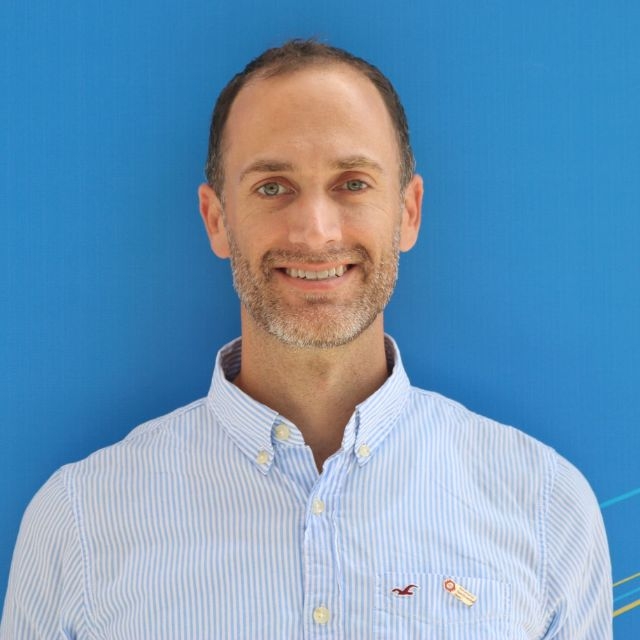Localizing AI
Sep. 28, 04:30pm • Panel • South Hub
AI holds great promise for automating insights from massive earth data streams. But AI models underperform and AI-derived data fails to represent many parts of the world.
This panel will explore approaches to inject local knowledge in improve AI outcomes. We will explore Human in the Loop AI approaches and No-Code / Low-Code approaches that make model develeopment and refinement more accessible. From mapping schools in rural Asia and producing fast landcover maps in the United States, to preventing illegal logging in Liberia and making better maps in Monrovia -- the experts who have built AI methodologies, tools and programs will share their perspectives on the potential for these methods to improve quality, bridge gaps between ML engineering and domain expertise, and improve inclusivity.























